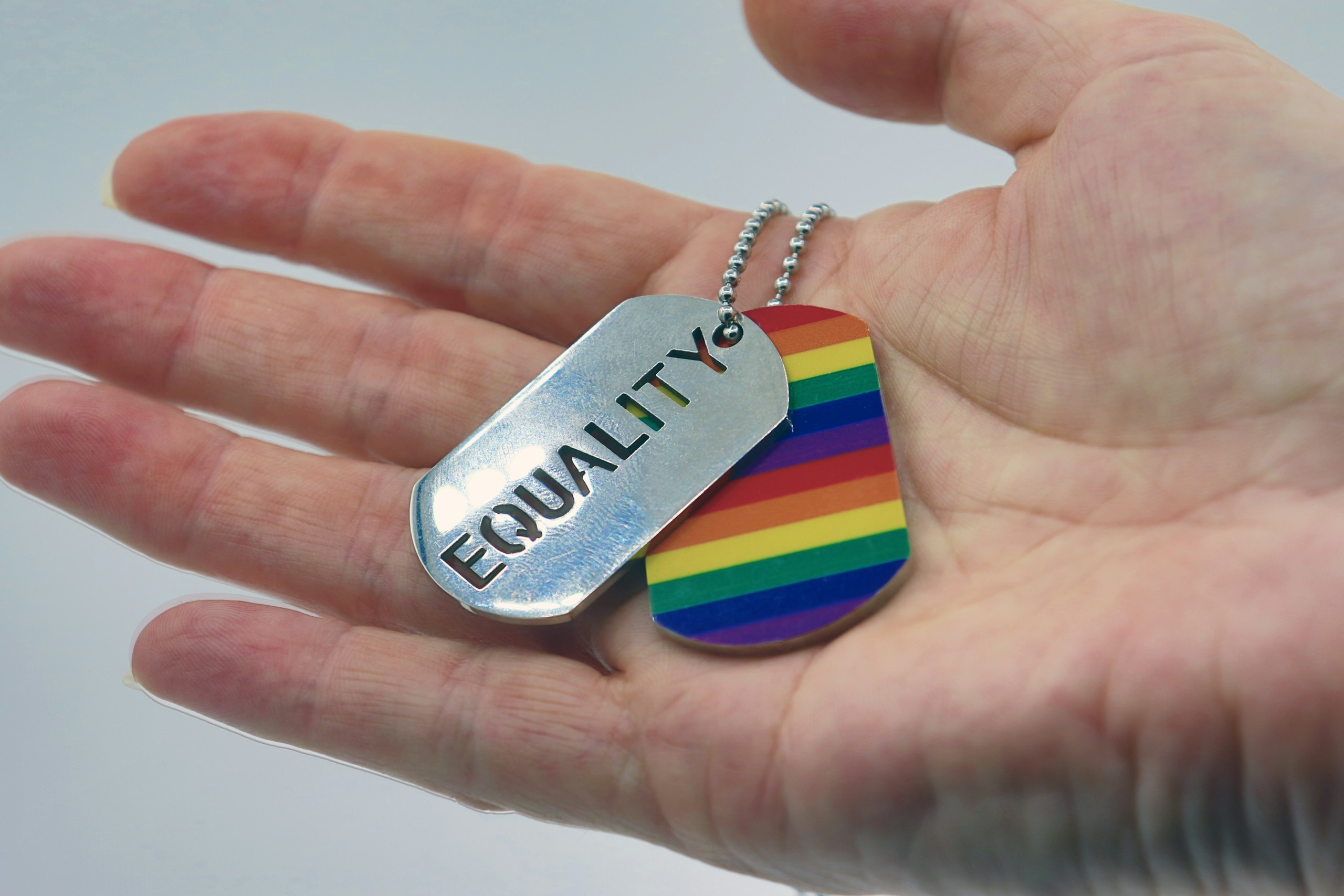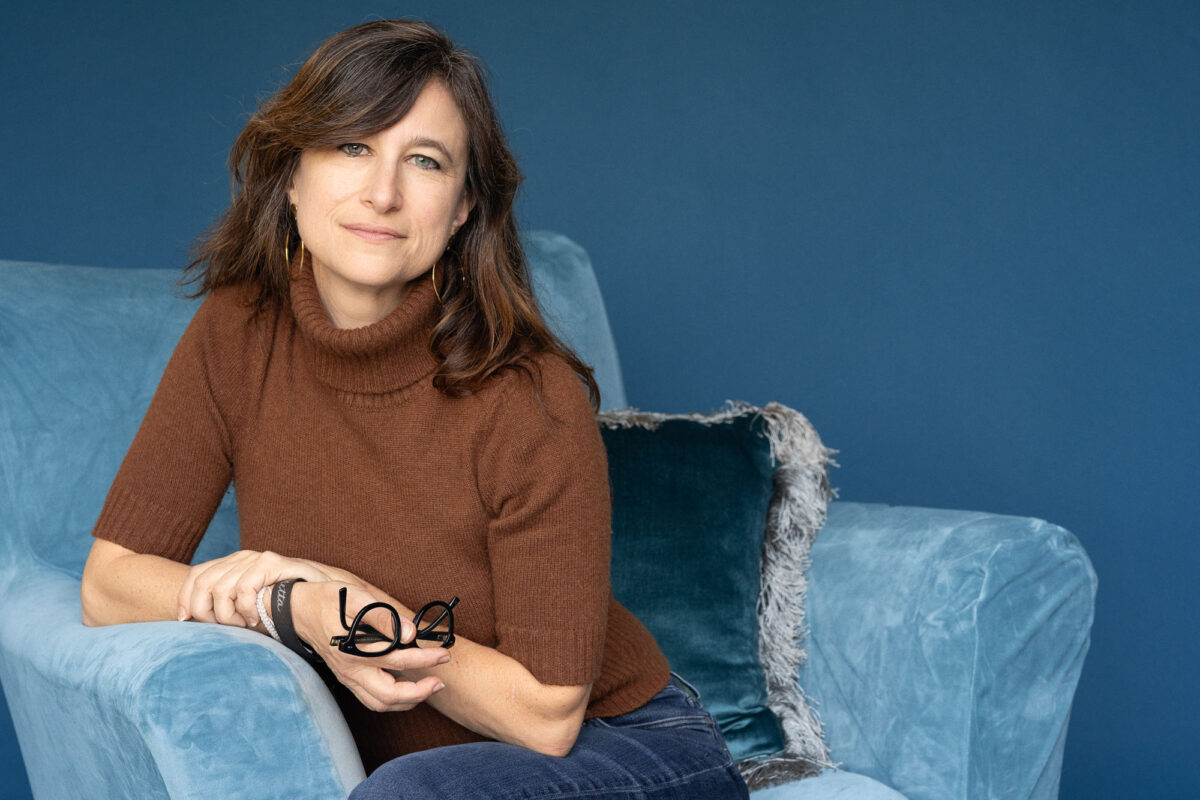So often I find myself in the position of having to scramble to keep up with my kids. “What the heck does that new term mean?” “I thought you loved that shirt!” “Wait, what do you mean you don’t want to play baseball anymore?” No matter what age or stage our kids are in, they’re always growing faster than we are. At times it can be exhausting, eye-roll inducing, hilarious, or it can be extremely enlightening. In so many ways, we’re constantly catching up with our kids.
When it comes to a child whose gender identity doesn’t match their gender assigned at birth, we as parents can feel especially late to the party. Personally, I’ve never heard of a situation where the parent “knew” their child’s incongruous gender identity before their child either gave them signs or told them outright. One way or another, our kids tell us what’s happening for them, and trust me, when they do, they are way farther down the road of knowing than we are.

I recently attended an excellent lecture by Dr. Aydin Olson-Kennedy from TransForming Family, in which he beautifully laid out the idea of “coming in before coming out.” What does this phrase mean? It refers to the internal process that occurs with increased awareness of trans or non-binary gender identity. This is a deep process that is unique to each individual, and anyone can go through it as they realize there’s something about them that might set them apart from the norms of society. Typically, it begins with the individual wondering what’s going on for them. This then leads to digging and researching, both inside themselves and by scrutinizing the world around them. What matches? What’s different? Where can I find sameness? Where can I find support? As more information is gathered, it can be applied to the self to solidify self view. Sooner or later, the need for disclosure becomes more prevalent, and our kids or loved ones might approach us or begin dropping hints about their authentic selves.
And then we as parents go through a parallel process. We come in before we come out, too.
- We begin by wondering what’s going on.
- We then begin digging and researching like crazy
- We apply what we learn to the child we know with varying forms of confusion, hope, and parental love.
It’s a similar process, but we’re way behind our kids. Catching up with our kids in this situation can feel like the stakes are way higher than any other situation we’ve encountered, so it’s that third step that can catch us up. It’s also the step in which our actions and words are important.
Are we asking our children to “prove” their identity to us?
Are we seeking “proof” through our children’s distress? Their joy? Our attachment to who we think our children “really” are?
Are we sending messages of domination or mistrust of our children?
Most importantly, are we inviting our children to draw closer to us or are we inadvertently creating an environment that makes our children withdraw?
As parents, this is the time in the process to slow waaaay down, take a breath, and get the support we need to navigate this process in a way that supports both us and our children. By getting that support that we as parents need to catch up to our kids we have a far better chance of doing what will most benefit them. Do we need this support so that we can reaffirm our own ideas about our kids’ gender? No. We need the support because it’s scary to question what we have assumed is the truth. It’s destabilizing to stretch out of our comfort zones. We as parents have an assumed job to tell our kids what’s right and true in this world, and this is an instance where it’s critical to our children that we turn down the volume on that impulse and let our kids teach us. They know. We need to catch up to their knowing.
If individual support feels right to you or your partner, please do contact me for a complimentary consultation to see if coaching is right for you. I can hold space for all of your questions and worries, and working together in a compassionate, non-judgemental way can help you pause and take that breath that you need.
If you’re looking for a support group to better understand the experiences of other families in transition, here are a couple of wonderful resources available:
- TransActive Gender Project at Lewis and Clark
- Transfamily support groups with TransFamily Support Services
If you’d like another look at the other kinds of coaching I do as well, please check me out at the Nurture Life Coaching website.
In the meantime, I’m sending you the very best hopes for both your coming in and your coming out processes. If we can all work on catching up with our kids, there’s a way for both you and your child to feel like celebrating all together.



